It was the 30s and 40s that were the Bari's golden years and they spent a lot of their of the time on Serie A with a final score of seventh in 1947 as the top they ever achieved.
In the 1950s, Bari experienced a rapid decline followed by an equally swift revival at the close of the decade. They then played three more seasons playing in Serie A (1958-61). The team's top players during the period comprised Biagio Catalano and Raul Conti. The club was back in Serie A twice more in the same time frame (1963-64 in 1969 and 1970) and both seasons were extremely difficult, with only 11 goals scored, which was the lowest of any club in the top division. In 1974, Bari dropped into Serie C, ending the season with just 12 goals that were scored and 26 conceded in 38 games.
In the latter part of the 1970s, Bari had returned to Serie B and on something of an upward trend and narrowly missed promotions in the year 1982. They were promoted up to Serie A in 1985 and purchased English player Gordon Cowans and Paul Rideout however they could not prevent the quick back into Serie B.
The return back to Serie A in 1989 with players like veteran defenseman Giovanni Loseto, midfielder Pietro Maiellaro and Brazilian striker Joao Paulo was able to secure a respectable 10th place finish in their final season in the Della Vittoria. The subsequent season was a time when Bari relocate towards their new stadium, the San Nicola stadium constructed to host it to host the World Cup in 1990. World Cup, but in 1992, despite their appointment to David Platt, and they were relegated yet again.
The 1994 promotion saw another two-year stint in Serie A with Igor Protti scoring the league's top goalscorer during the 1995-96, and a second promotion in 1997 saw the rise of promising youngsters such as Nicola Ventola, Gianluca Zambrotta, Antonio Cassano and Diego De Ascentis. The team was able to complete to stay for four years in Serie A under the guidance of Eugenio Fascetti despite his tense relationship with a lot of the support for the club. The club went on to have an indifferent time during its time in Serie B. Although, they were close to on the front in the Serie B table for much of the 2008-09 campaign, they received promotion into Serie A on 8 May 2009 under the direction under the direction of Antonio Conte.
A takeover offer was turned down. An Texas-based firm JMJ Holdings also gave an intention to acquire the company in August of 2009.
The team was comprised of Leonardo Bonucci and Andrea Ranocchia as centre-backs as well as Barreto for striker Bari had a good performance in the beginning of this season. In the end, Bari was ranked 10th. But, Bari lost EUR19 million during the 2009 financial year which means that Bari was not as active in the summer 2010 window (only Almiron and Ghezzal were new major signings, as was the acquisition Barreto Barreto following the expiration of his loan who injured his leg the middle of the season) and during the transfer window in January they were unable to find a replacement for Bonucci or Ranocchia. Bari was able to recover from a negative equity situation due to the growth in television revenue and also the selling to Bonucci (a loss in the amount of EUR6.45 millions). Bari has positive equity of EUR870.653 at the time of its 31st December 2010 closing and a net profit of 14 million for the year of 2010 due to the huge profits from the sale of the Bonucci brand.
Bari were dropped in Serie B after the season of 2010-11, which ended 17 points behind 17th-placed Lecce. In the course of the season that was under the management of Giampiero Ventura was replaced by Bortolo Mutti in a failed effort to keep Bari from being relegated. On the 4th of March, the 4th of March in 2011, Bari had its 1000th match on the field in Serie A.



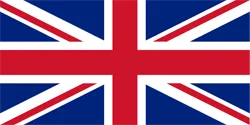 ENG
ENG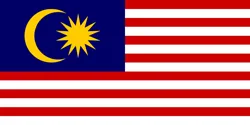 MYS
MYS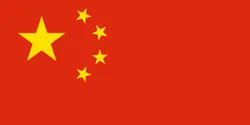 简体中文
简体中文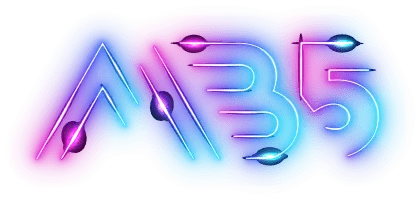




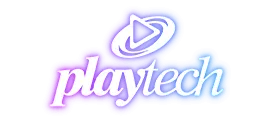










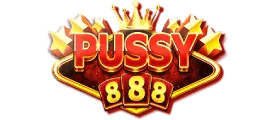
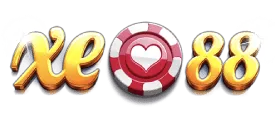

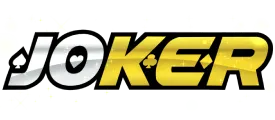

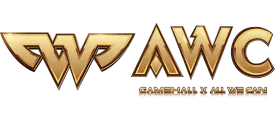
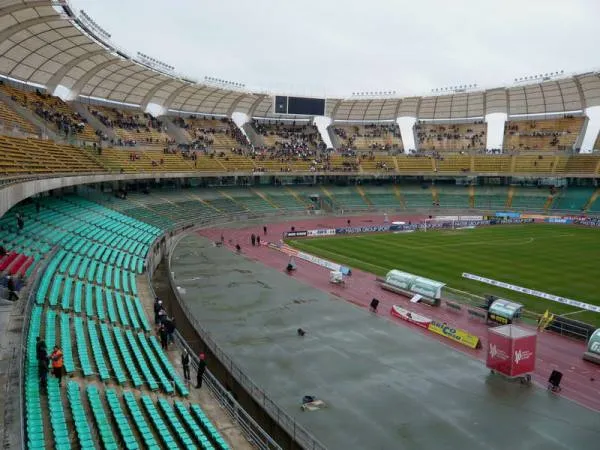
 ITA
ITA FRA
FRA ARG
ARG